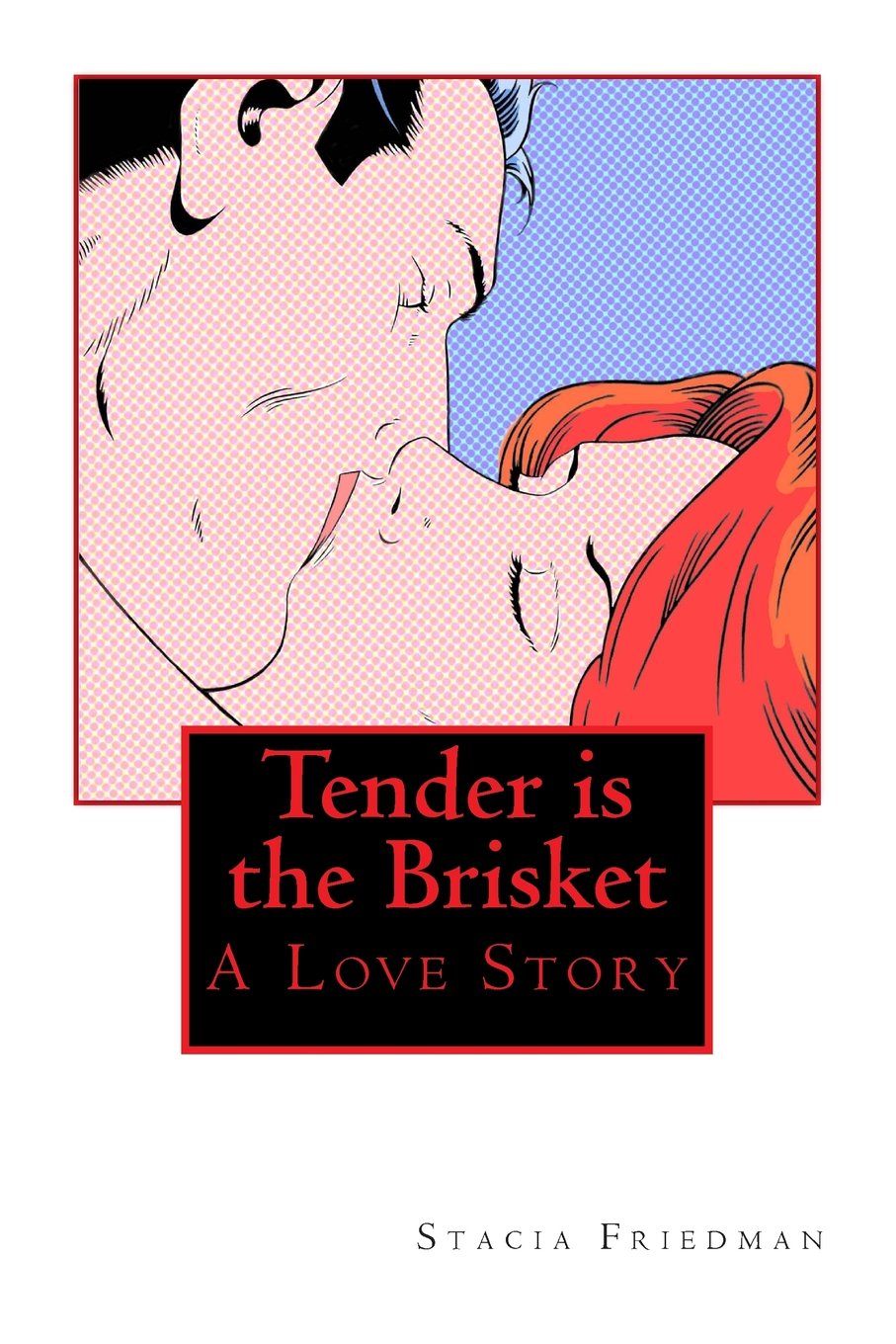
Tender is the Brisket
YZM: Did working as a screenwriter help you as a novelist?
SF: My training as a screenwriter is a major influence on how I structure a novel. I don’t think in terms of chapters. To me, they are all “scenes.” It also impacts my preference for dialogue over narration. I have been told that my writing moves too fast, that I should slow down. I’m sure this comes from the basic rule of screenwriting, which is to keep moving FORWARD! And I had wonderful mentors when I studied screenwriting at UCLA, including Lila Garret, who wrote television comedies in the 1960s, including The Lucy Show, All in the Family and Maude.
YZM: Do you feel that Ruth Sheraton, the feisty, sassy, forty+ protagonist of Tender is the Brisket, is emblematic of many Jewish women of her generation?
SF: I think many women in my generation can identify with Ruth. She’s bright, successful, talented, attractive, sexy. But she’s still dealing with family issues that have been festering since childhood. No matter what she has achieved, it somehow isn’t enough. This is especially true for Jewish women over forty who are divorced, childless or never married. We carry this “shanda” inside us. At the same time, we are too independent to marry the dentist next door. Ruth represents all women – Jewish and gentile alike – who are progressive in their values but still haunted by the shadow of their mothers’ judgment.
YZM: Who was the inspiration for Ruth’s mother, Dolly?
SF: My mother was not only the inspiration for Dolly, she was the inspiration for the entire book. Caring for her while she suffered from dementia was extremely challenging and painful. However, it brought us closer together and gave me time to mend some old wounds. Writing Tender is the Brisket was very cathartic in that it enabled me to explore the humor and tenderness in our relationship. It also allowed me to express my personal feelings about institutionalizing our elders. We Boomers are first generation to embrace the surrealism of upscale nursing homes. I seriously doubt that anyone who has placed a parent in assisted living or a nursing home would choose it for themselves. Me? I’d rather fly to Paris and jump in the Seine, thank you.
YZM: What’s next on your horizon?
SF: I’m working on Hot Copy, a tongue-in-cheek mystery set in Philly. The protagonist is a young, novice reporter investigating the suspicious death of a paralegal found in the bathtub of a prestigious attorney. It deals with the Holy Trinity of big city life: sex, power and corruption. But hysterically.
YZM: Do you see a subversive or transgressive quality to female humor?
SF: Female humor doesn’t have to be subversive. But it sure helps. I believe that humor is based in pain or, at least, discomfort. Laughter is our relief mechanism. It is also healing and it can be persuasive, educational and even revolutionary. It is a way of bringing attention to things that are unjust in our society. God knows, our current Congress doesn’t get the joke.
4 comments on “Tender is the Brisket”
Comments are closed.




I’m half way through Stacia Friedman ‘ s other book, “Nothing Toulouse”. As a woman of a certain age and a native Philadelphian, her work resonates for me and keeps me grinning (and occasionally laughing out loud)—-even while reading a murder mystery. I’m kind of avoiding “Tender Is the Brisket”. I’m afraid it might hit a little to close to home—but that shouldn’t stop others who need a laugh while dealing with the tough subject of the end of our parents” lives.
Sounds like a great book with lots of laughs AND heart. I like how you express it by saying it is a book for those of us “who are progressive in their values but still haunted by the shadow of their mothers’ judgment.”
I can’t wait to read this!! I’m so excited (and I kinda skipped/skimmed your review so as not to mess up my thoughts when I do read it!).
I am frequently encouraging any friends who read (and, recently, a stranger on a domestic flight) to read Stacia Friedman. You don’t need to be Jewish to appreciate the jokes, the characters, the stories.